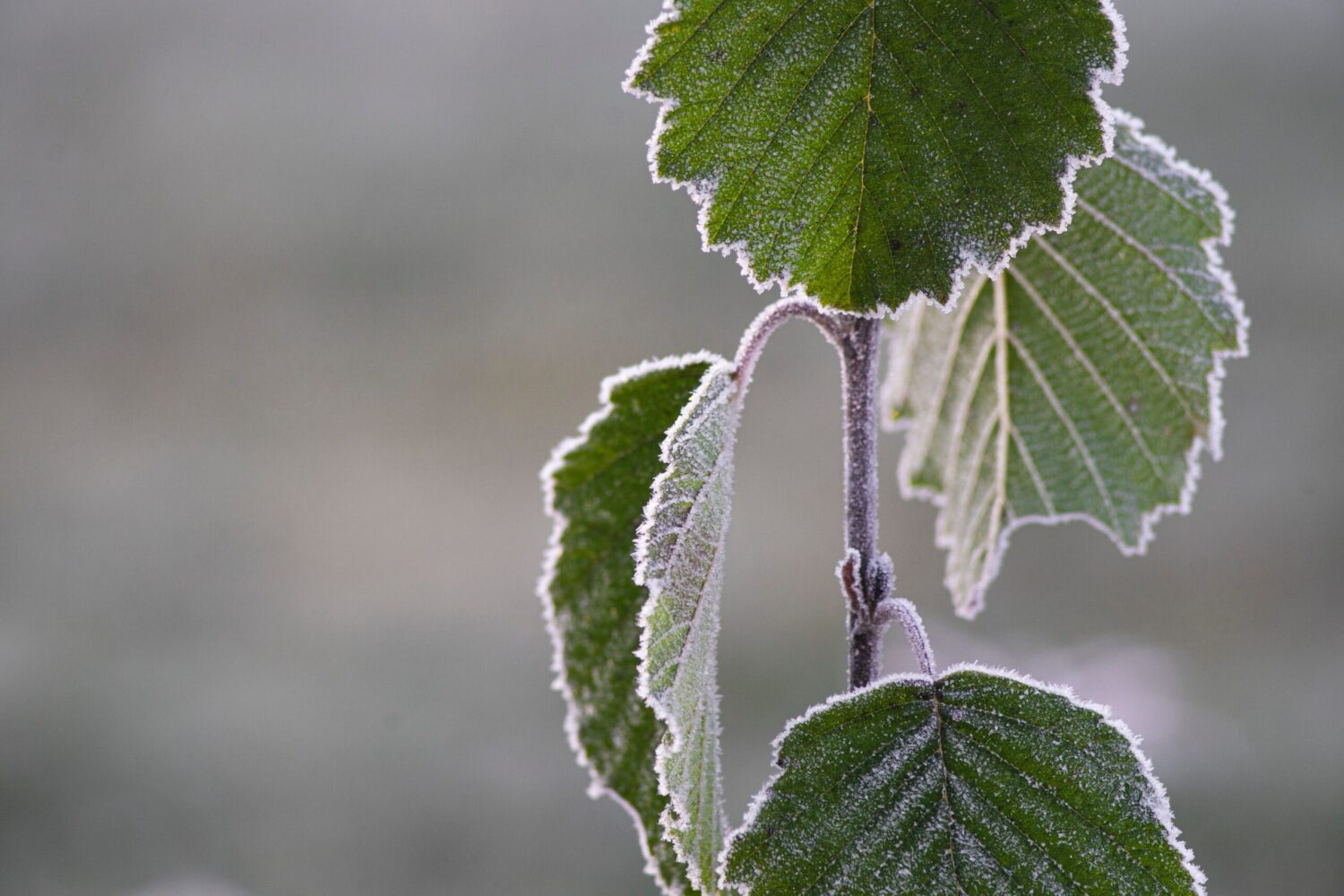Grey alder as a potential for increased energy-oriented production in Sweden – Evaluation of progeny experiments and their transformation to long-term silvicultural experiments

Fast-growing deciduous tree species have been highlighted as an important contribution to increased biomass production. Gray alder can be a hardy alternative for cultivation in central and northern Sweden. Gray alder has a rapid growth, an ability to fix nitrogen and a low preference as browsing fodder.
In 2012, a project was initiated to evaluate the breeding potential of grey alder. Seeds were collected from selected plus trees and cultivated to plants. Offspring trials were established by planting in the spring of 2015 at eight sites.
In this project, a final evaluation of the offspring trials will be carried out. The families with the highest breeding value will be inoculated and archived in field archives. The offspring trials will then be converted to thinning experiments and be used for long-term monitoring of growth and yield.
If the tree species show potential, large areas can become interesting for cultivation and contribute to increased availability of renewable products.

Nils Fahlvik
Skogforsk

nils.fahlvik@skogforsk.se
Project information
Participants
Skogforsk
Time schedule
January 2023 - December 2025
Total cost of project
1 332 843 SEK
Swedish Energy Agency project number
2022-00533
More projects

Biorefinery: scale-up of 5-HMF derivatives
The overall aimof this project is to transform chemical industries from using fossil feedstock to using renewable biomass. In this project, we…
Manager: Louise Olsson
Ongoing

The future of biofuel production in the EU – potentials, technologies and policies
Biofuel markets in the EU are undergoing rapid changes. Changes in the policy landscape due to increased climate ambitions is expected to…
Manager: Jonas Zetterholm
Ongoing

Sustainable production of aromatic chemicals and green hydrogen from lignin
Aromatic chemicals are produced via many-step processes from fossil-based feedstocks. 96% of hydrogen, H2, is derived from fossil fuels. Green hydrogen costly…
Manager: Xiaoyan Ji
Ongoing


